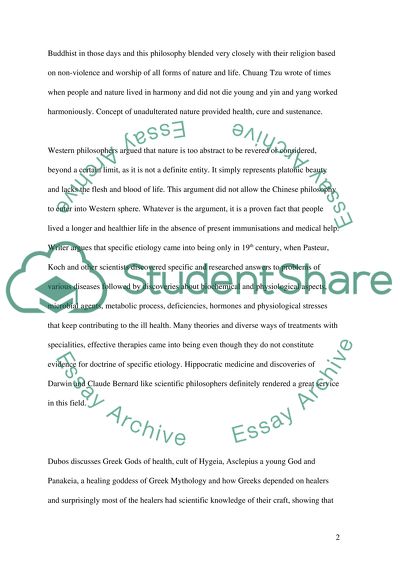Cite this document
(“Modern Medicine Essay Example | Topics and Well Written Essays - 2500 words”, n.d.)
Retrieved from https://studentshare.org/health-sciences-medicine/1509392-modern-medicine
Retrieved from https://studentshare.org/health-sciences-medicine/1509392-modern-medicine
(Modern Medicine Essay Example | Topics and Well Written Essays - 2500 Words)
https://studentshare.org/health-sciences-medicine/1509392-modern-medicine.
https://studentshare.org/health-sciences-medicine/1509392-modern-medicine.
“Modern Medicine Essay Example | Topics and Well Written Essays - 2500 Words”, n.d. https://studentshare.org/health-sciences-medicine/1509392-modern-medicine.


